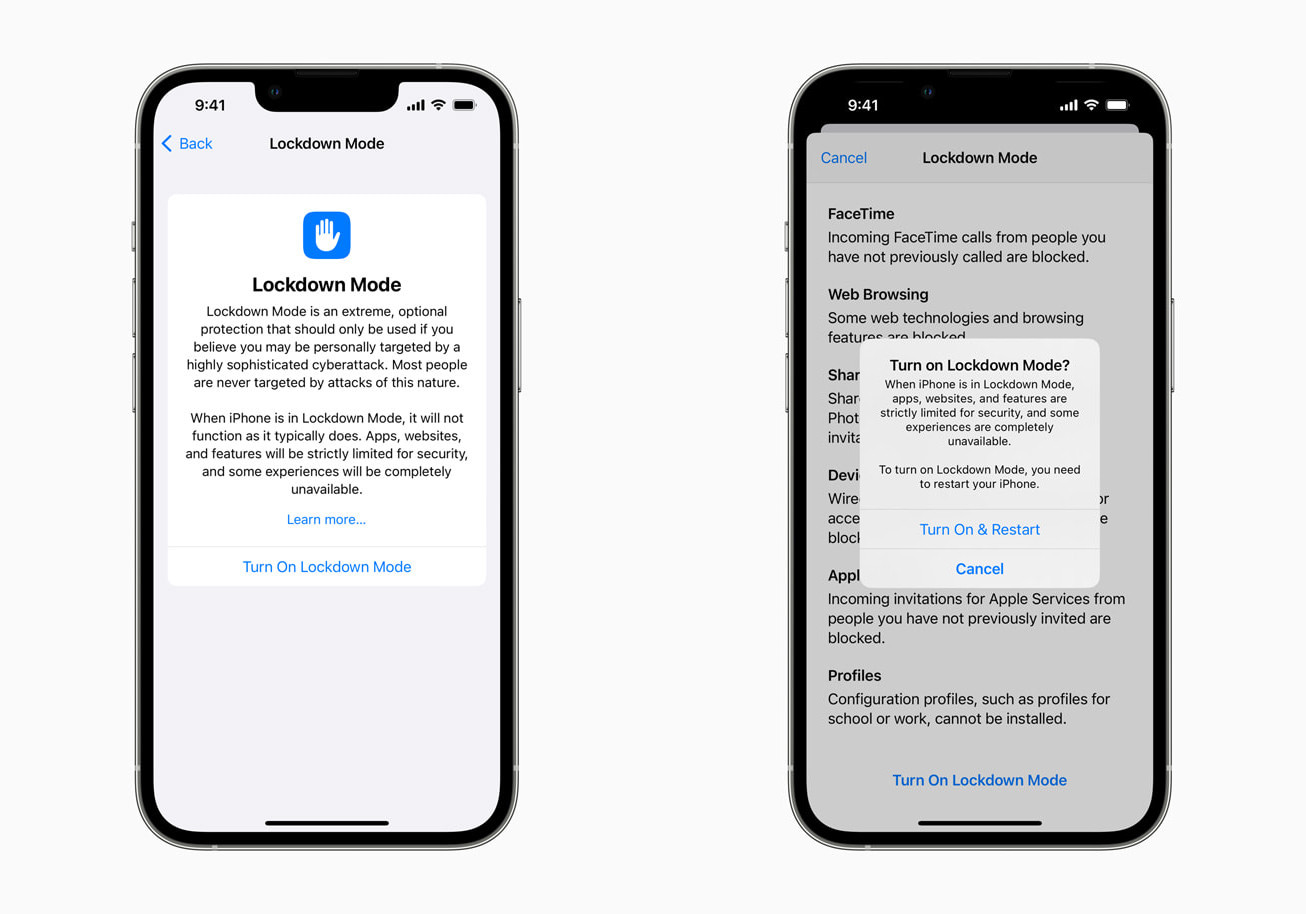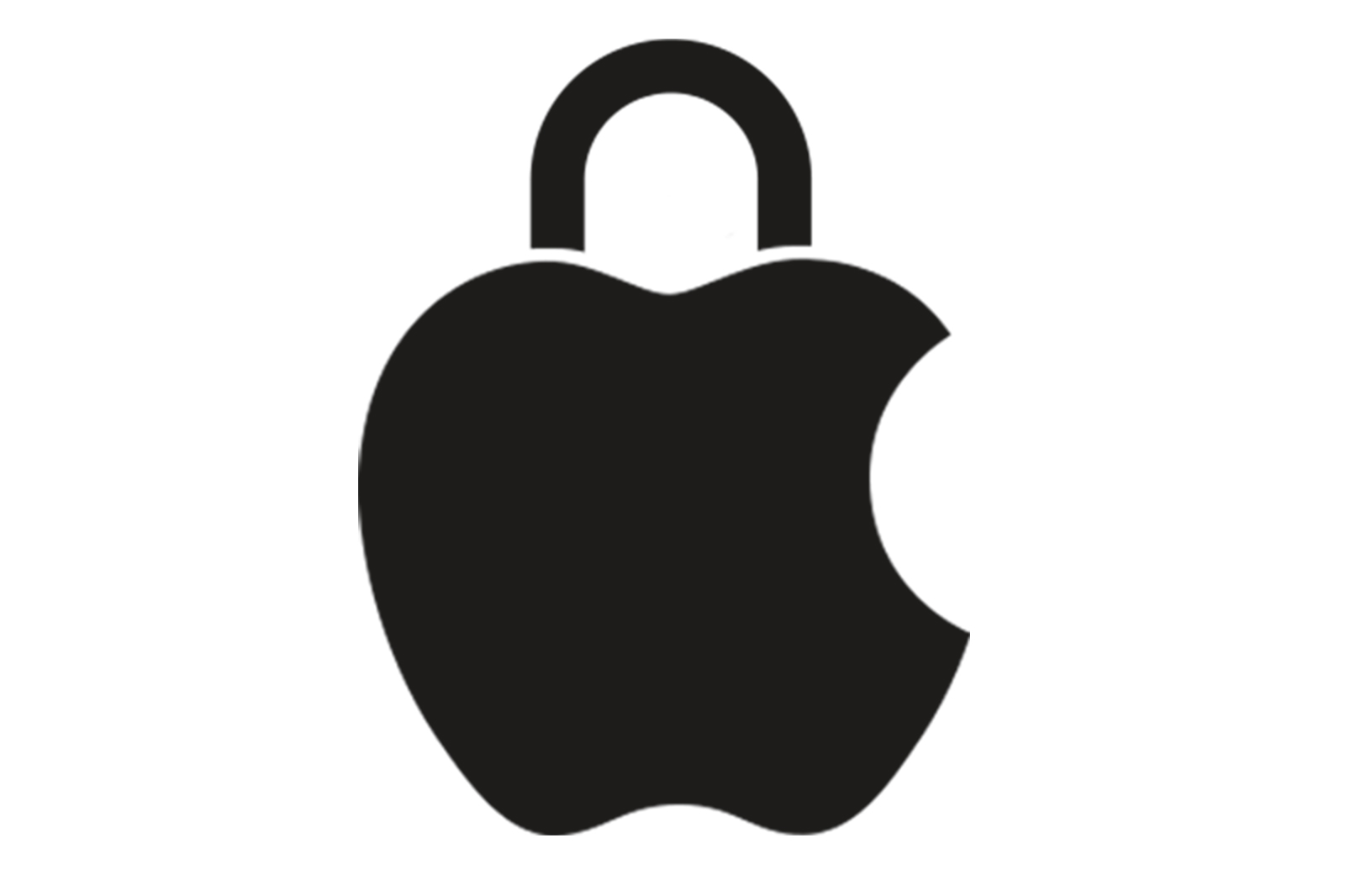While the tool is mostly meant for those who might be vulnerable to targeted attacks — such as journalists, activists, dissidents, and the like — any user running on the upcoming updates will be able to turn it on for whatever reason they choose to do so. Lockdown Mode will be available to any device running on iOS 16, iPadOS 16, and macOS Ventura. The feature will increase protection by strictly limiting certain functionalities to harden defences and reduce any points that could potentially be exploited by spyware. In Messages, most attachments other than images will be blocked when Lockdown Mode is activated, with link previews also disabled. Just-in-time (JIT) JavaScript compilation on web browsers will be disabled on all sites other than trusted sites that users whitelist from the feature. Incoming invitations and service request such as FaceTime calls will be blocked if they come from a number you have never contacted. Additionally, wired connections won’t work when the iPhone is locked and it cannot enroll into mobile device management (MDM) or install configuration profiles. To weed out any bugs in the feature, Apple is adding Lockdown Mode as a category in its Apple Security Bounty program with a maximum payout of US$2 million (~RM8.8 million) for qualifying findings. Lockdown Mode is currently being rolled out to the third beta versions of iOS 16, iPadOS 16, and macOS Ventura, while general users can expect to get it when the stable updates launch in the fall. The feature can be found in the Privacy & Security section of the settings and requires you to restart the device and enter the passcode to enable or disable it. (Source: Apple)

